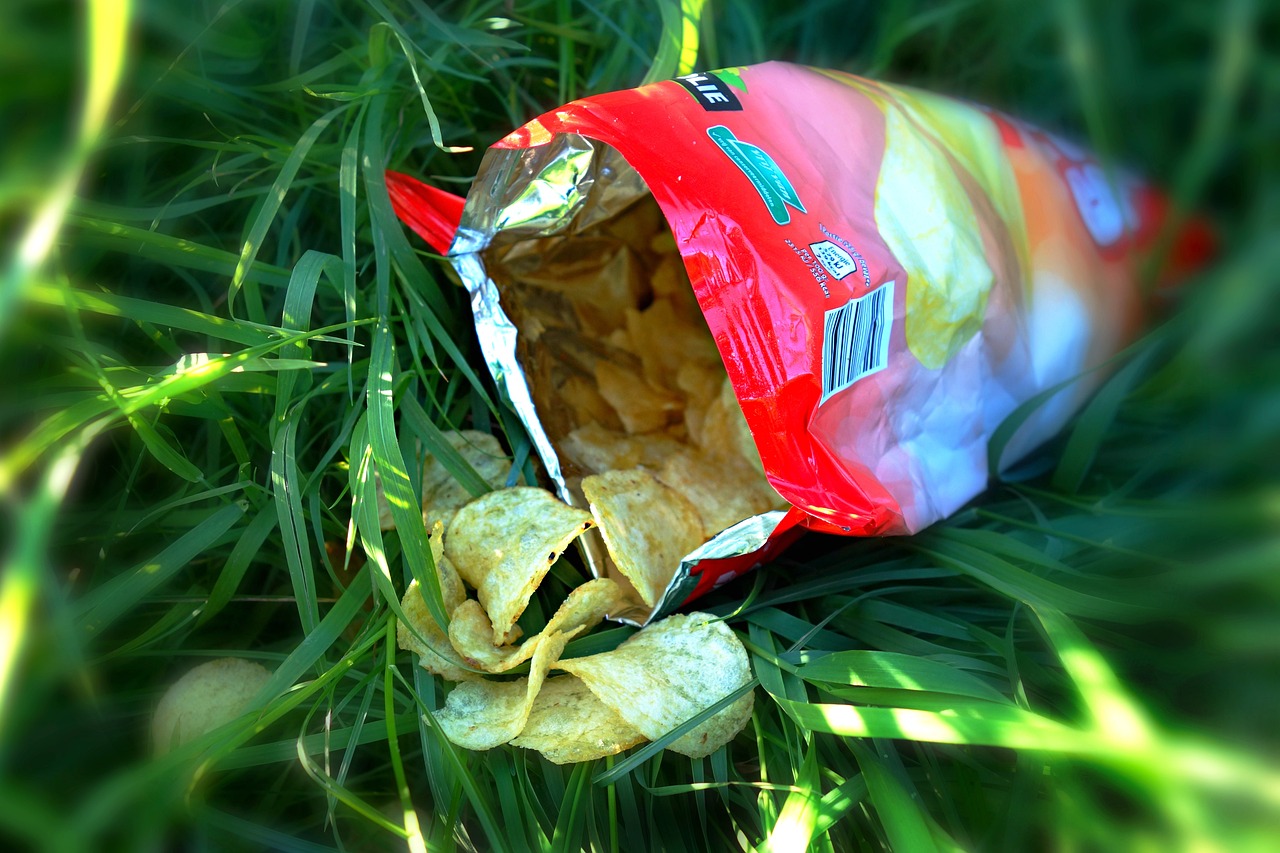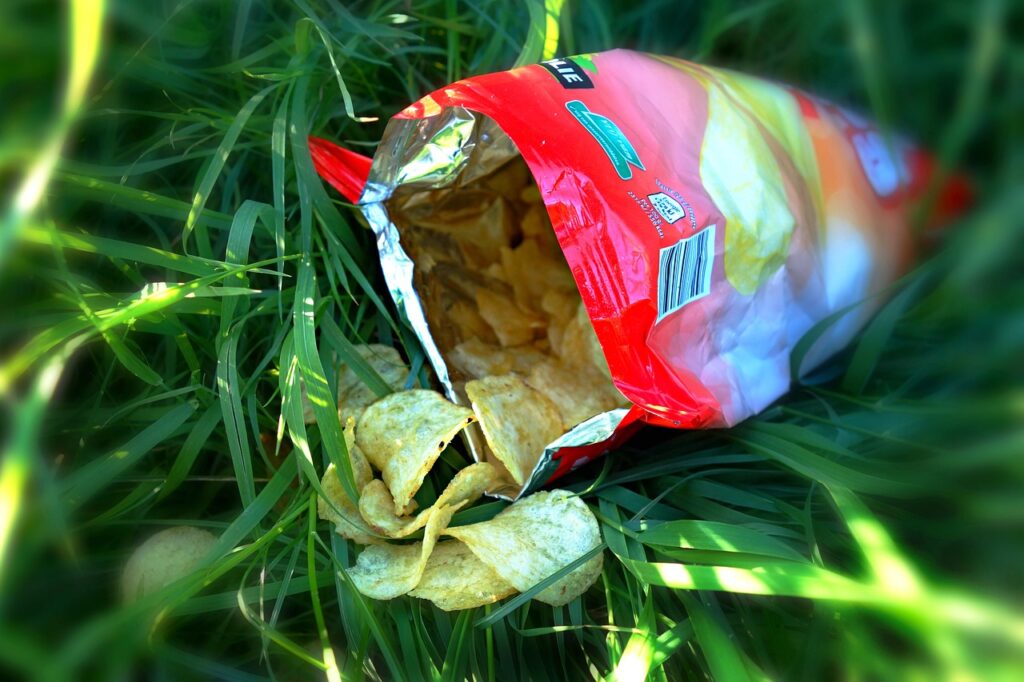
Introduction:
In today’s fast-paced world, processed foods have become a common part of our diets. However, understanding the implications of consuming processed foods is crucial for our health and well-being. This article will delve into the world of processed foods, exploring their various types, potential risks, and healthier alternatives. By making informed choices and incorporating unprocessed options into our diets, we can take a significant step towards a healthier lifestyle.
1. Unpacking Processed Foods:
Processed foods undergo various mechanical or chemical alterations, often for the purpose of improving taste, texture, and shelf life. However, some processed foods can be detrimental to our health. It’s important to be aware of the following types:
a) Highly Processed Foods: These foods typically contain additives, preservatives, and artificial ingredients. Examples include packaged snacks, sugary cereals, and ready-to-eat meals.
b) Ultra-Processed Foods: This category encompasses foods that undergo extensive processing and often contain minimal nutritional value. Common examples include sugary beverages, fast food items, and pre-packaged desserts.

2. The Risks of Processed Meat:
Processed meat refers to meat that has undergone preservation methods such as smoking, curing, or adding preservatives. While these meats may be convenient, they come with potential health risks:
a) Increased Cancer Risk: Research suggests that consuming processed meats, such as sausages, bacon, and hot dogs, regularly may increase the risk of certain types of cancer, including colorectal cancer.
b) Sodium and Additives: Processed meats often contain high levels of sodium, preservatives, and additives. Excessive sodium intake can contribute to hypertension and other health issues.
3. Healthier Alternatives and Unprocessed Foods:
To minimize the negative impact of processed foods, consider incorporating more unprocessed options into your diet:
a) Whole Foods: Emphasize unprocessed foods such as fresh fruits and vegetables, whole grains, lean proteins, and legumes. These provide essential nutrients without the added preservatives.
b) Homemade Meals: Cooking meals from scratch allows you to have full control over the ingredients, reducing your reliance on processed foods.
4. Navigating Refined Carbohydrates and Sugars:
Refined carbohydrates and sugars can be found in many processed foods and can have detrimental effects on our health. Consider the following tips:
a) Whole Grains: Opt for whole grain alternatives like brown rice, quinoa, and whole wheat bread instead of refined grain products.
b) Natural Sweeteners: Replace processed sugars with natural alternatives such as honey, maple syrup, or stevia. Moderation is key when consuming sweeteners.
5. Delving into Food Fermentation:
Food fermentation is a traditional preservation technique that not only adds flavor but also offers potential health benefits:
a) Yogurt and Kefir: These fermented dairy products contain beneficial bacteria that support gut health and digestion.
b) Sauerkraut and Kimchi: These fermented vegetable dishes are rich in probiotics, which promote a healthy gut microbiome.
6. Making Smart Deli Meat Choices:
Deli meats are convenient options for sandwiches, but some can be high in sodium and additives. Consider healthier choices:
a) Lean Meats: Opt for leaner deli meats such as turkey or chicken breast instead of higher-fat options like salami or bologna.
b) Sodium Conscious: Look for lower-sodium options or ask your local deli for freshly sliced, minimally processed meats.
Conclusion:
While processed foods have become a staple in our modern lifestyles, understanding their potential risks is crucial for maintaining optimal health. By making informed choices and incorporating more unprocessed alternatives into our diets, we can minimize the negative impact of processed foods.
Remember, small changes in our eating habits can lead to significant improvements in our overall well-being.






